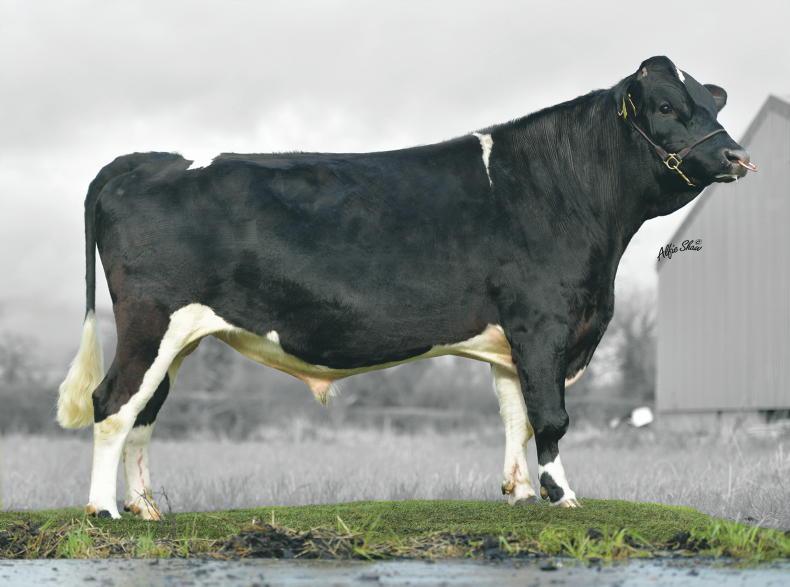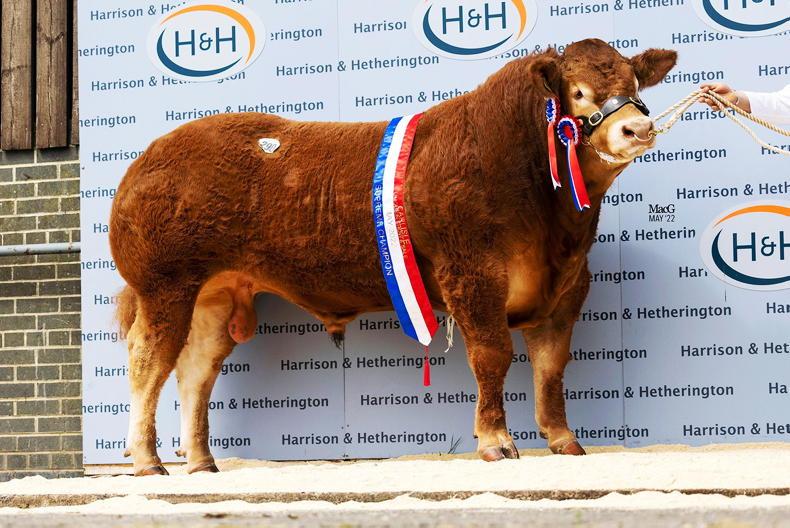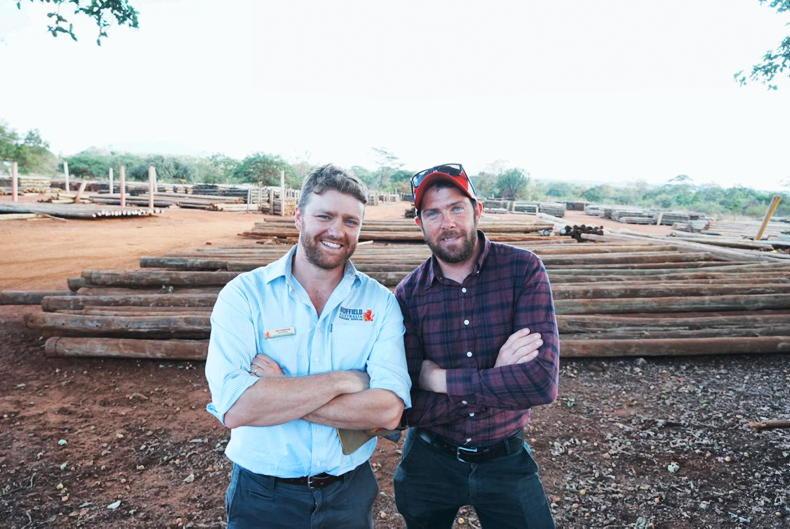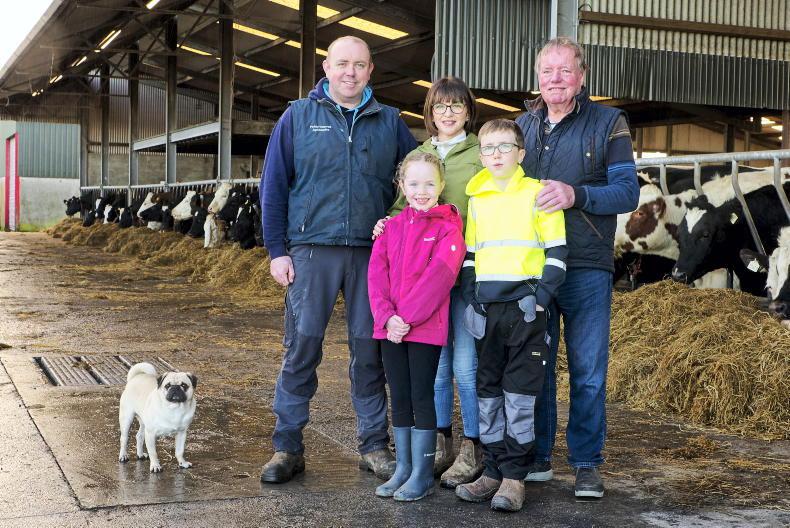As the row over intellectual property (IP) rights on artificially inseminated (AI) bulls rumbles on, the rubber is going to hit the road at some point over the next few weeks as farmers will have to make up their minds if they are going to sign the terms or not.
Opting not to sign up for the membership models or contracts put forward by the AI companies will lock farmers out of the opportunity of using what they call G1 or first-generation bulls this breeding season.
For most farmers that might not be a big deal, but the thing to remember is that next season these same bulls will still be IP protected and so too will the next crop of young bulls. So in a few years’ time, most of the bulls being used on Irish farms are likely to be IP-protected.
The rights (no pun intended) and wrongs of the introduction of IP is a debate for a different day but farmers need to be aware of the changes that are coming and how it may affect them. Farmers are the indirect owners of Munster Bovine, Progressive Genetics and Dovea AI.
While the boards of these companies may have fiduciary obligations to the company, they must also work in the best long-term interests of their shareholders.
On pages 44 and 45 we take a look at some of the key steps for a successful breeding season and on pages 48 and 49 we take a look at the workings of automated heat detection aids on a Tipperary dairy farm.
Meanwhile on pages 46 and 47, Adam Woods looks at embryo transfer and synchronisation on suckler cows and heifers.










SHARING OPTIONS